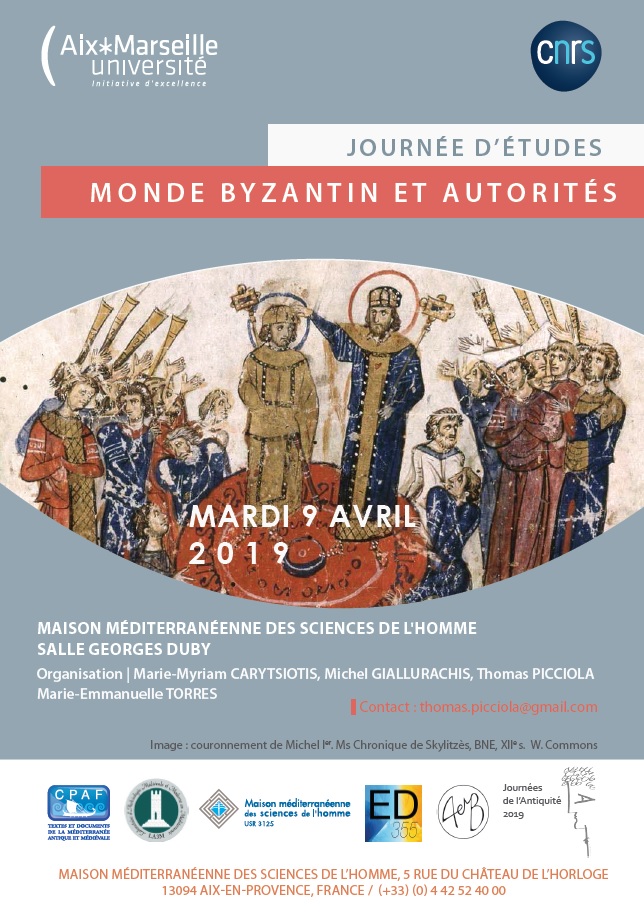Call for Papers –
Ideas in Motion:
Arabia in Late Antiquity
Organisers: Leiden University and King Faisal Centre for Research and Islamic Studies
Date: August 26-27, 2020
Location: Leiden, the Netherlands
The Leiden University Late Antique and Medieval Studies Initiative in conjunction with the King Faisal Centre for Research and Islamic Studies is hosting a two-day international conference on Ideas in Motion: Arabia in Late Antiquity. The conference will address key themes in religious, intellectual, and cultural history in Arabia in the period around 570-1000 AD. Central topics include:
· Transmission of ideas and texts
· Religious and philosophical doctrines and beliefs in Arabia
· Devotional piety and theology
· The Qurʾan, its history, and intellectual debates surrounding the text
· Early Islam and other religiosities and intellectual trends
· Holy men and holy places
· Apocalypticism and eschatology
We particularly welcome contributions from scholars working on the intersection between intellectual-cultural history and religious studies, and whose primary concern is the history of ideas and thought.
For consideration, please send a 300-word abstract in English to a.bdaiwi@hum.leidenuniv.nl by January 15, 2020. The language of the conference will be in English. Participants’ full travel and accommodation costs will be covered by the conference organisers.


